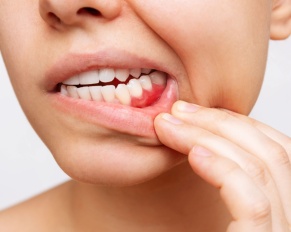Toothaches can be incredibly debilitating; they can make eating, talking, and even sleeping a challenge. This sharp, persistent pain disrupts…

Common Dental Questions, dental care questions and answers, dental health tips, cosmetic and restorative dentistry, dental technology, ask a dentist about tooth pain

Toothaches can be incredibly debilitating; they can make eating, talking, and even sleeping a challenge. This sharp, persistent pain disrupts…

Toothaches can be painfully annoying, especially when they arise unexpectedly and disrupt your daily life with pain and discomfort. Even…

Thirty percent of people all across the globe suffer from dentin hypersensitivity, more commonly called tooth sensitivity, a common, quite…

As the United States and most of the rest of the world gets acclimated to a new normal in the…